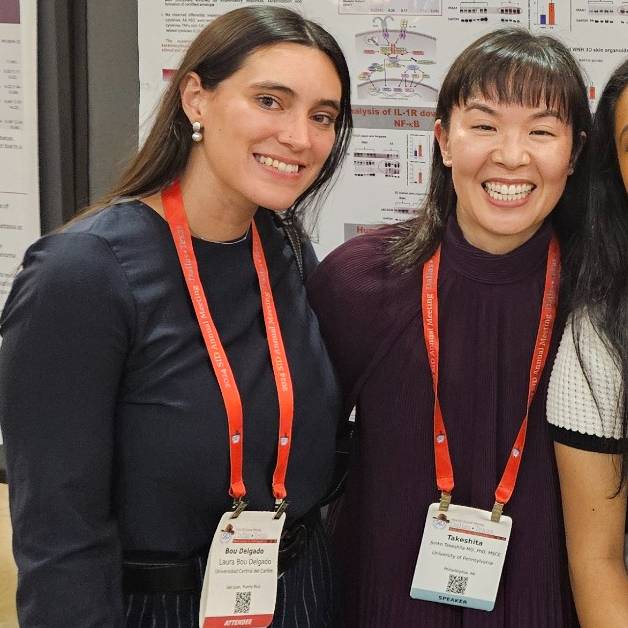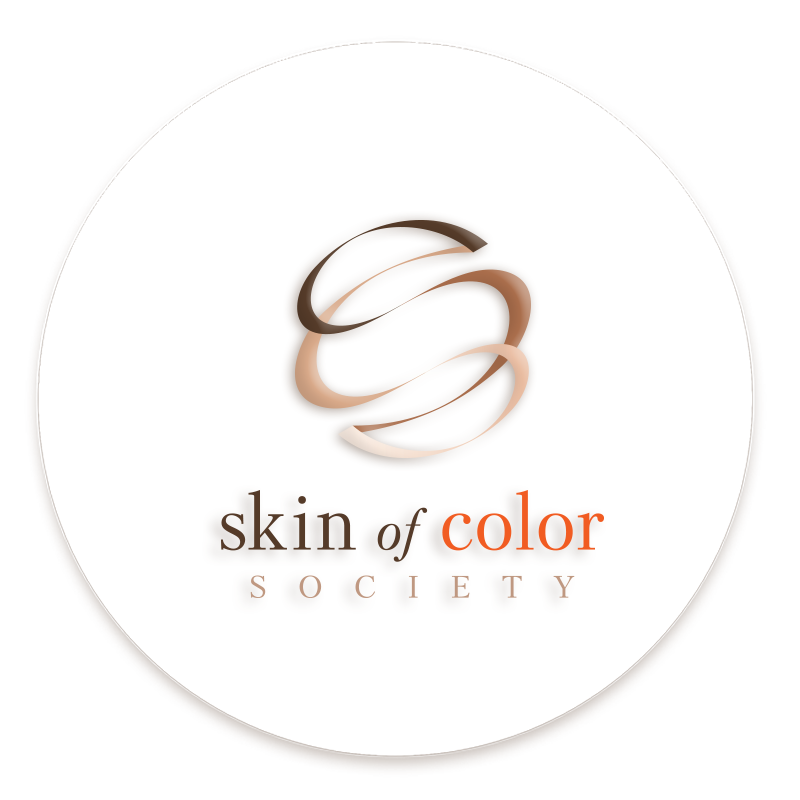
Mentee: Laura Bou Delgado, BA
Mentor: Junko Takeshita, MD, PhD, MSCE
University of Pennsylvania Perelman School of Medicine
I am extremely grateful to have had the opportunity to undergo the SOCS Observership Grant. This opportunity allowed me to fulfill a visiting clerkship rotation at the University of Pennsylvania for which I received fourth year credit in order to graduate medical school and advances my future career as a physician. One of my goals for the observership was to strengthen my relationship with my research mentor, Dr. Takeshita, at the University of Pennsylvania in a clinical setting. The main goal was to gain clinical experience and to integrate what I have learned from Dr. Takeshita from a research perspective into a clinical one. I expected to further work with my mentor as well as get to know and work with other faculty at Penn in a clinical setting. Additionally, I hoped to gain an additional letter of recommendation from my visiting clerkship experience. A secondary goal was to finish the manuscripts of the two main projects from my research fellowship as well as lead the qualitative part of a two-part study on atopic dermatitis (AD) aimed at understanding why Black and Hispanic/Latinx adults with AD have more severe AD than White adults in Philadelphia.
I had a wonderful observership experience during which I was able to both continue my research and have a clinical clerkship experience that otherwise would not have been possible. My mentor helped set up clinic time and shadowing experience with other physicians by creating a carefully planned out schedule that allowed for me to have meaningful interactions with both faculty and residents alike. I rotated with various dermatologists at Penn and learned a lot from different dermatologists who specialize in different focuses within dermatology such as hair, cutaneous lymphoma, granulomatous diseases, rheumatic, and autoimmune conditions. I learned about different treatment options and management plans depending on the dermatologic condition, socioeconomic background, and the patient’s past medical history. For example, prior to starting patients on biologics for conditions such as psoriasis, a history of tuberculosis and hepatitis must first be checked. I was also able to see patients from different backgrounds and learn how the physicians took their needs into consideration when planning care.
Ultimately, I was able to secure two letters of recommendation that will contribute immensely to my application as I prepare to apply to residency this upcoming cycle. I was also able to continue my research projects through weekly in-person meetings with my mentor as we prepare to submit two manuscripts for publication. Additionally, I established connections with other physicians who gave me valuable advice as I prepare to apply and helpful feedback on my performance in clinic. I feel that I am better prepared to apply to residency in dermatology having learned a lot within the field and having gained valuable clinical and research experiences.


